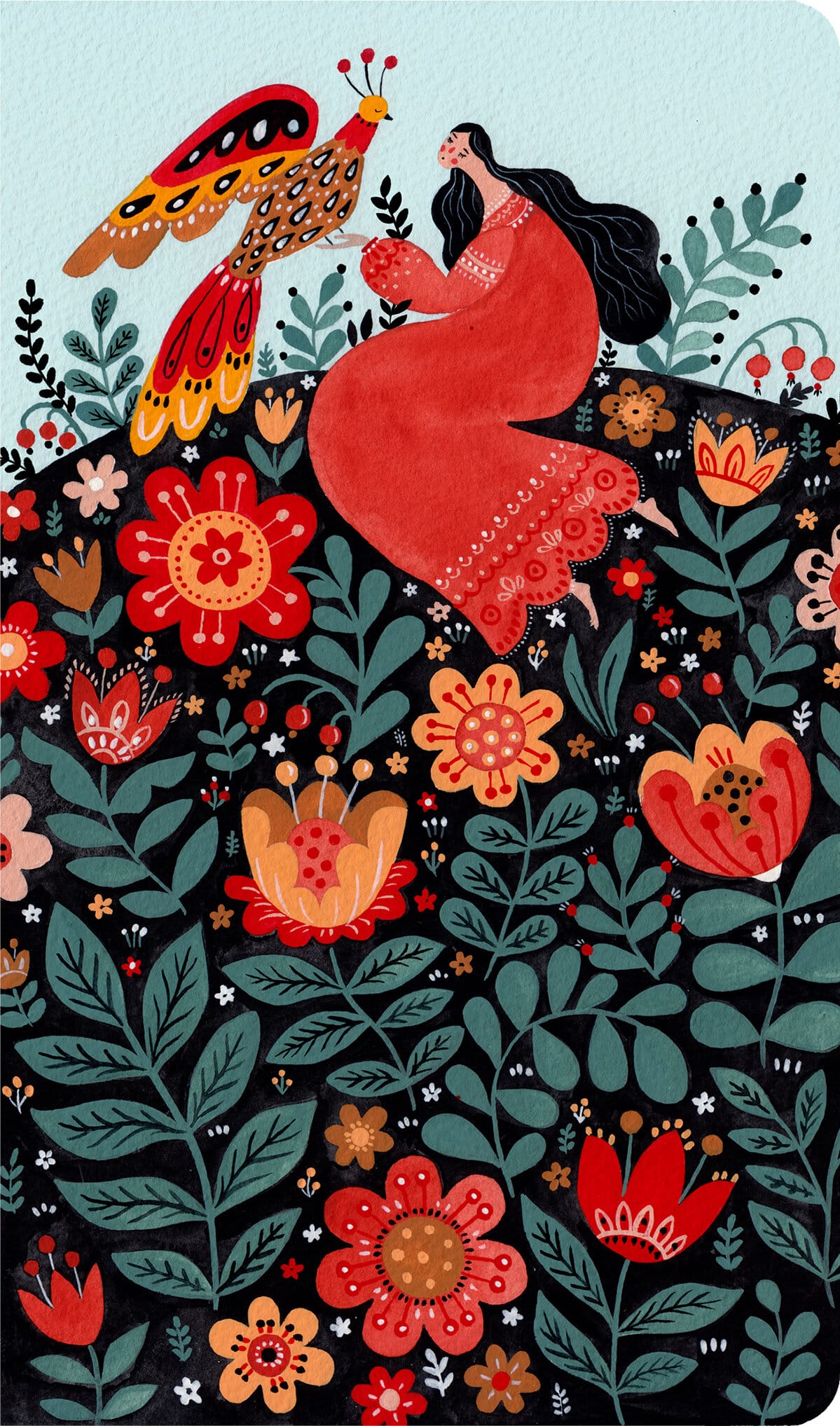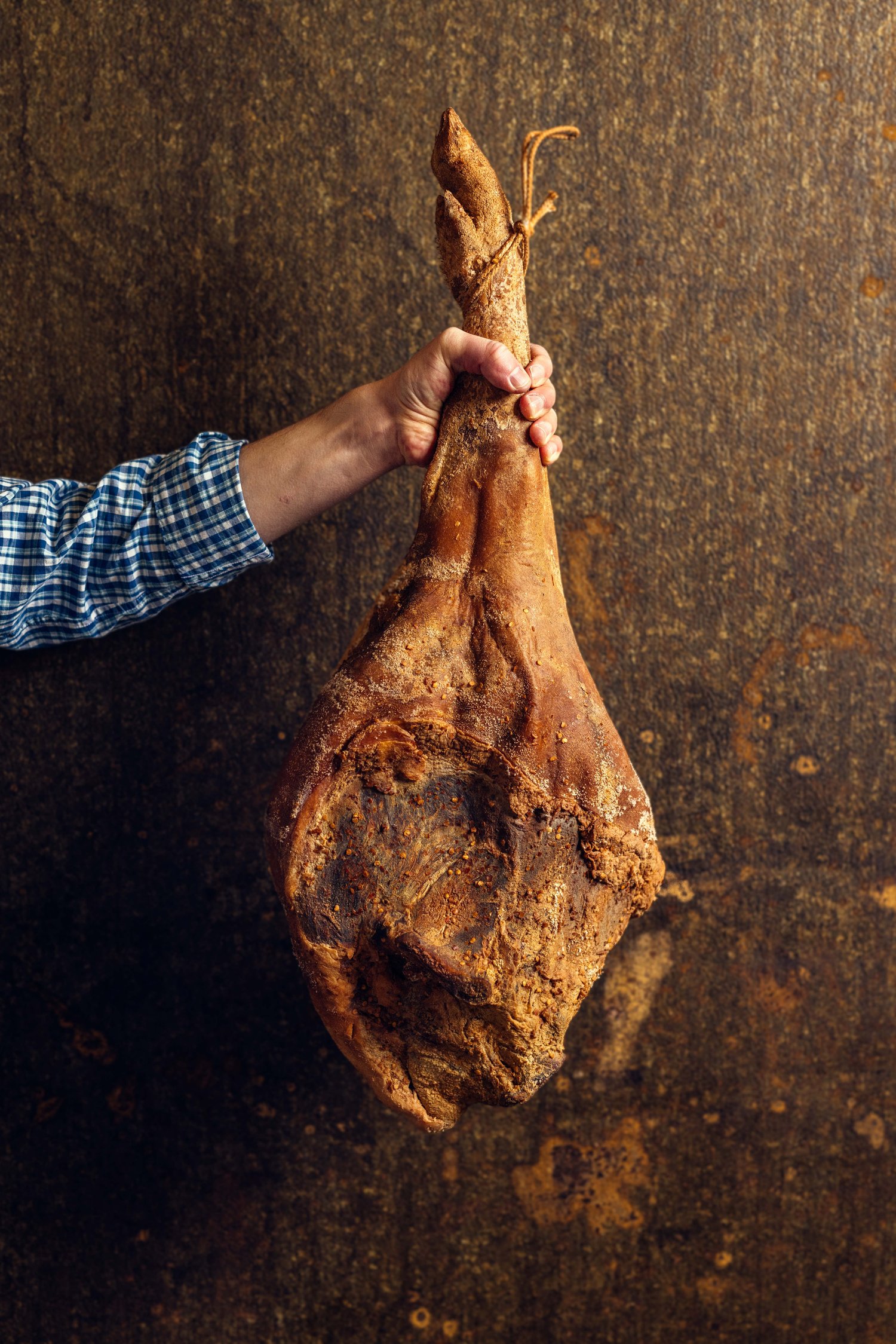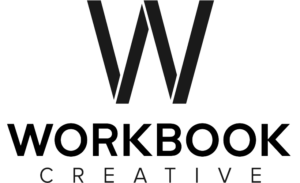Workbook Client Daniel Bedell is a commercial photographer by day and a podcaster by night. In part 2 of this Workbook Radio series, Daniel chats with friend and lifestyle photographer, Andy Anderson, about original voice, getting a rep, and remote living.
DB: “Has your style always kind of been the same? And as that story telling has become more in vogue recently, it’s like you have become in vogue? Or over your career have you changed what you’ve done to fit some of the market?”
AA: “I just…I don’t think about it that much. I just do what I do. I mean I don’t think my work is…well I think it’s gotten better. I mean it better have gotten better. Right? (Laughing) Uhhh, but. You know, I’ve always been trying to be true and honest, so you know. A lot of these photographers will use all these lights and all this other bullshit, and all that does is get in the way of the creativity. You know, they’ll have fifteen fucking lights up on the screen and/or lights on the set. And then [you say] ‘Okay, now let’s take the photograph.’ And you just suck all the creativity out of it. So I try to use as much natural light or continuous light as I can.”
DB: “For me as a young photographer there are times where doing that can feel almost intimidating as far as you’re scared…you can be scared that the clients are going to think ‘we’re just using natural light? We’re paying all this money and we’re just using natural light?’ I think probably [at this point] you’ve gotten to the point you don’t give a shit, which is good. But was that a hard sell, or is that ever a hard sell to clients?”
AA: “Nope. I mean I’ll have lights with me in case I have to augment it. But my use of lights is very minimal. I mean, it’s just a camera and a lens, man. I mean, what else do you need?”
They laugh.
DB: “Do you spend much time at all thinking about your marketing and getting yourself out there? Or is that something you leave entirely to other people?”
AA: “No, I have amazing agents, Heather Elder and Lauranne Lospalluto. I’ve been with them for about 21 years, so I mean, they’ve done an amazing job with me. So they help me, you know, find ways of marketing, so that’s always been super helpful.”
DB: “What is the relationship like with you with a rep? What do they bring to the table for you? Because I’ve talked to some producers, lately they’re like, ‘Oh, you know, I just wish could just deal with the photographer. I don’t like dealing with a rep.’ Then I talk to some photographers, ‘Yeah, this rep relationship is everything for me.’ You know, it’s kind of this professional, I don’t know, career coaching and confidant kind of stuff. I’m curious, what is the rep relationship? What do you get from it?”
AA: “Well, I mean, all they are is, you’re finding someone who is going to carry your karma. Right? Somebody that’s going to represent you in a way that you want to be represented. And you want somebody who’s not too pushy, somebody who’s well respected. And I feel like Lauranne and Heather are those kind of people.
“But, they’re not the end all be all, and they should never be because you’re the photographer. And all they’re doing is helping you and directing you and collaborating with you on how to get your message out. And that’s really what it’s about.
“I mean, I hear so many times, these photographers [say], ‘Oh I gotta get a rep. I gotta get rep. I gotta get a rep.’ Well, first of all, get the body of work up there where you want to show it. And never go from a position of looking for a rep. Have the reps come looking for you because then it’s a position of power. For instance, I always try to get in the award shows because the award shows are a validation of you, which shouldn’t be about [the reps].
“This industry is so insecure. And I hate to say this, but it’s kind of true, I’ve been doing it for 20-plus years, that if you haven’t been validated, like in award shows or something like that, then they don’t think you’re worthy of doing anything. Does that make sense?”
DB: “Yeah.”
AA: “Yeah. Like it shouldn’t be a validation, but it is a validation. I think award shows are extremely important. Not all of them. I think PDN, CA, Art Director’s Club, and APA are the only four that I would ever suggest people do. But if you start winning some awards, then you’re going to start getting some notice. And that’s where you want to be. That’s the positional power you want to come from.”
DB: “Do you think there’s a difference about how you approach the photo business, being someone who came to it a little bit later, than someone who, you know, straight out of college, they’re trying to assist or shoot? That sort of stuff?”
AA: “You know, I come from a very different position. I mean, I never assisted anybody. And there are no photographers where I live. I live in a very small town. But I’ve had some, there are some photographers that have worked for me and assisted me early on that are now marching to their own drum, which is cool. But I don’t have a lot of things to bounce back on. I read a lot of books, look at art. I’m a nosy guy. But as far as any special thing? No. No. I don’t overthink it that way. I mean, I think if you get wrapped up in the minutia of that, you’re going to go crazy. Just be a photographer!”
DB: “I was curious about where you live. I mean, there are a few people I think who have taken this approach: I want to live where I want to live. But most people it seems [feel] like they have to be near a metro area. Did you not think about…did you not care about that at all?”
AA: “I didn’t want to be that at all. You know the problem is…Here’s the problem with photographers: Unless you have a strong point of view. I want to have that as a caveat. If you don’t have a strong POV, or point of view to your work, and you’re living in a major metropolitan area, what happens is you’ll look down the street and go, ‘Oh! This photographer’s doing this. I’m going to do what he’s doing because he’s successful. So god, I should be doing what he’s doing.’ So what happens is the work becomes very homogenized. Because of that you don’t really have a point of view that stands out. So I mean, I think living in a remote place in Idaho has always been very helpful for me.”
You can listen to the full episode below!
Check out Daniel Bedell’s Workbook portfolio and Instagram.
Check out Andy Anderson’s Workbook portfolio and Instagram.
For all the latest on Workbook radio, make sure you follow us on libsyn and Instagram!




